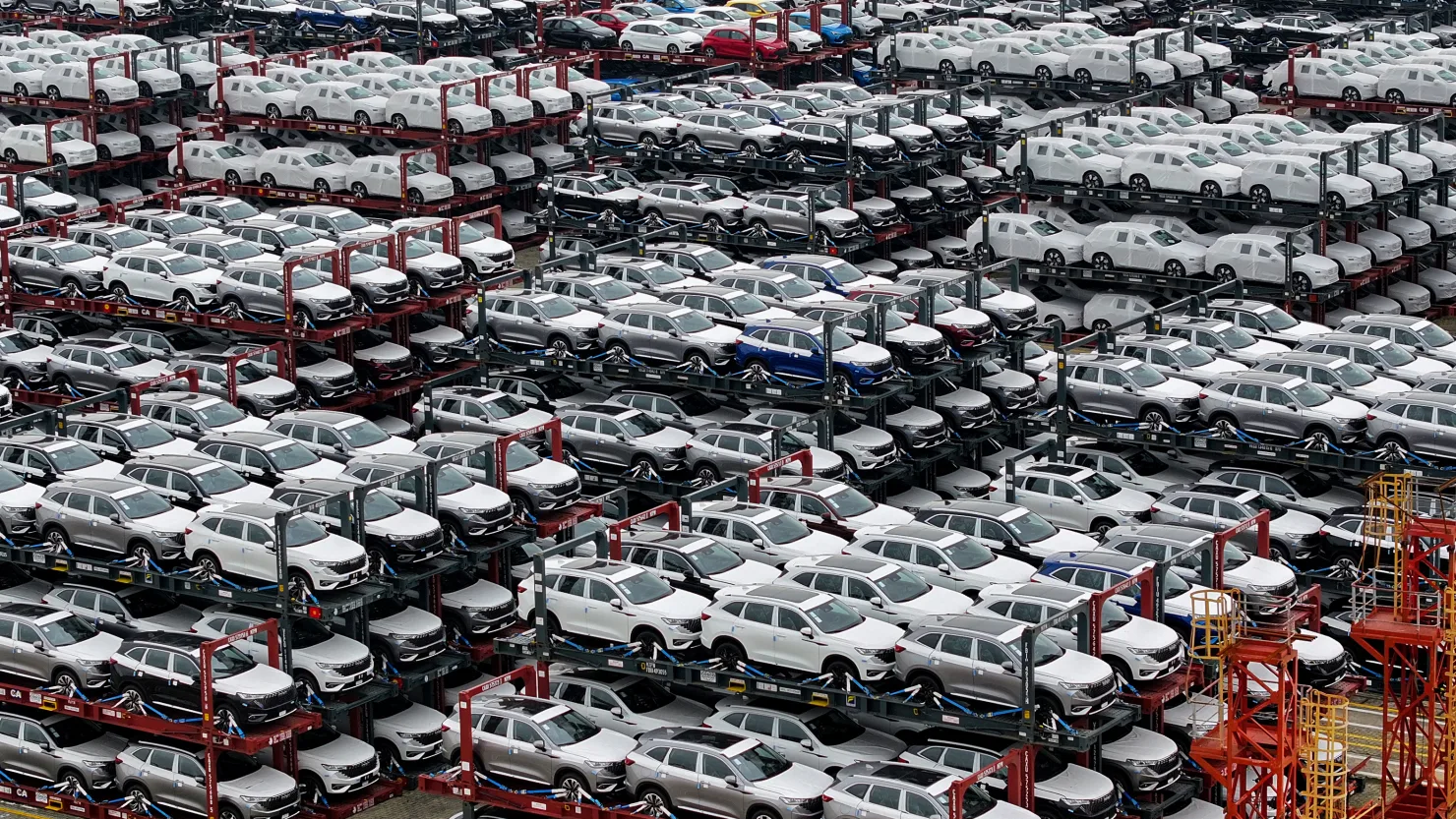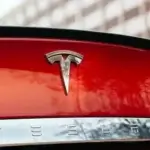China’s commerce ministry announced its strong opposition to the European Union’s recent tariff hikes on Chinese electric vehicles (EVs), which have been raised to as high as 45.3% as of Wednesday. The new tariffs, aimed at countering alleged subsidies for Chinese EVs, add between 7.8% and 35.3% on top of the EU’s standard 10% import duty for cars.
China Criticizes EU’s ‘Protectionist’ Tariff Hikes
In a statement, China’s commerce ministry described the EU’s anti-subsidy investigation and subsequent tariffs as “protectionist” and accused the bloc of fostering “unfair competition” against Chinese EV manufacturers. The ministry reiterated that it does not accept these tariffs and cited “unreasonable and non-compliant” aspects of the EU’s investigation process, according to a Google translation of the official statement.
The tariffs range widely by manufacturer, with Tesla facing a 7.8% increase and SAIC Motor seeing a 35.3% hike. China responded by filing a lawsuit under the World Trade Organization’s dispute settlement mechanism, vowing to “take all necessary measures to resolutely safeguard the legitimate rights and interests of Chinese companies.”
Ongoing Negotiations Aim to Avert Trade Friction
The EU initiated its anti-subsidy probe last year, asserting that China’s subsidized EV exports have “caused or threatened to cause economic injury” to the EU’s EV sector. However, China’s commerce ministry noted that the EU has signaled an interest in continuing negotiations, with both sides now preparing for a new round of consultations.
China expressed hope for a mutually agreeable resolution to prevent trade tensions from escalating further, urging the EU to collaborate constructively toward an acceptable solution.
Impact on Chinese EV Stocks and Industry Outlook
The tariff announcement impacted Chinese EV stocks, with Nio and Xpeng shares dropping 3.07% and 0.11%, respectively, during Wednesday’s morning trading, while BYD remained flat. Ken Peng, Citi Wealth’s head of Asia investment strategy, called the tariffs “moderate” in scale but noted that Chinese EV makers would likely respond by diversifying supply chains and boosting manufacturing outside of China to avoid similar trade penalties in the future.
Should China choose to retaliate, Peng suggested it would likely impose tariffs on agricultural and luxury goods imported from Europe, intensifying the trade standoff between the two markets.
In the meantime, Reuters reported that the EU and China may explore alternatives to tariffs, including minimum price commitments from Chinese EV producers or additional investments in Europe. The outcome of these negotiations will be critical in shaping the competitive landscape for EV markets across both regions.





